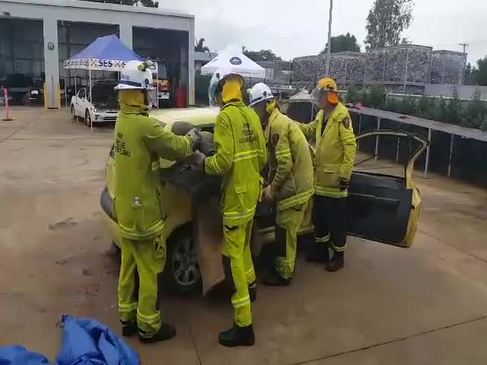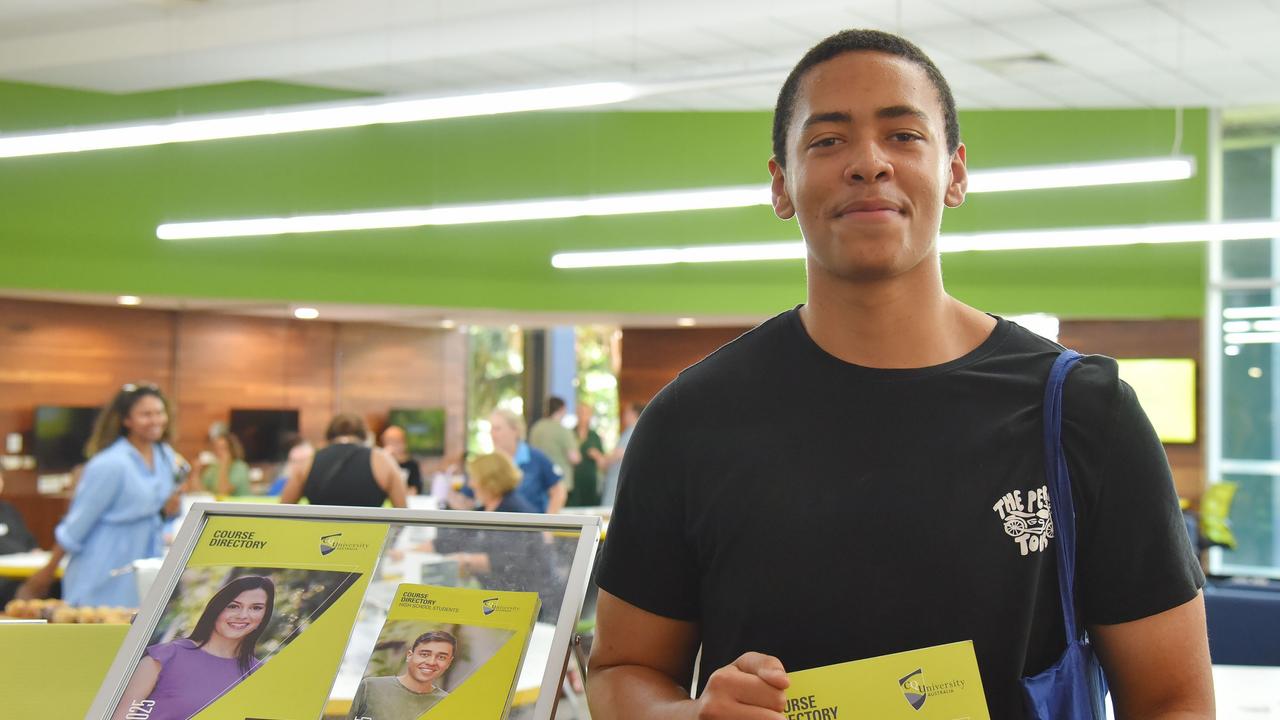WATCH: How CQ firefighters prepare to save lives on roads
The training builds capacity in rural communities where there are often highway accidents.

Community News
Don't miss out on the headlines from Community News. Followed categories will be added to My News.
Rural residents will have more experienced hands helping them during road accidents thanks to a QFES training course held at the weekend and early this week.
Eleven firefighters, from Thangool, Biloela, Moranbah, Airlie Beach, Sarina and Dysart, took part in the four-day Road Crash Rescue course at Proserpine Fire Station.
The training qualifies them to go to road crashes when they return to their rural stations, building capacity in areas where there are often highway accidents.
Inspector Russell Collier said crashes were a significant part of firefighters’ tasks.
“I suppose that road crashes seem to be one of the incidents that we’re seeing ourselves attend more and more throughout the areas,” he said.
“This course that’s being run right now is for our newer recruits, our firefighters that have just become operational.
“From here, they’ll be able to return to their fire stations and form part of a road crash rescue team.”
The training is theoretical and practical, including lessons on vehicle construction and extrication techniques.
“It could be hydraulic cutters, hydraulic spreaders, rams … a whole range of techniques to undertake road crash rescue safely with the view that those people that are involved with the road crash are removed from those vehicles,” Mr Collier said.
“It’s enhancing the capability of the Queensland Fire and Emergency Service across the board.”
Mr Collier said road crash training was generally held four times a year, but depended on demand.
He said training continued for every officer for their entire career.
“These particular courses also enhance the level of training for our instructors as well,” he said.
“Every course our instructors go on, they are continually learning as well.”
Instructor Regan Prior from Yeppoon is finishing up at the QFES after his 65th birthday this weekend.
He has been involved in firefighting for 17 years, starting as auxiliary firefighter, and has instructed for more than a decade.
“I worked with councils, local authorities, and also was a rural firefighter since I was a young bloke,” he said.
“It changes your life; it changes how you look at things.
“You can actually see it on them [trainees]. They do it because they’re committed to their communities too.
“You look at the western towns … they’re out by themselves. They may have a major job and they’ve got to handle it, and they do.”



